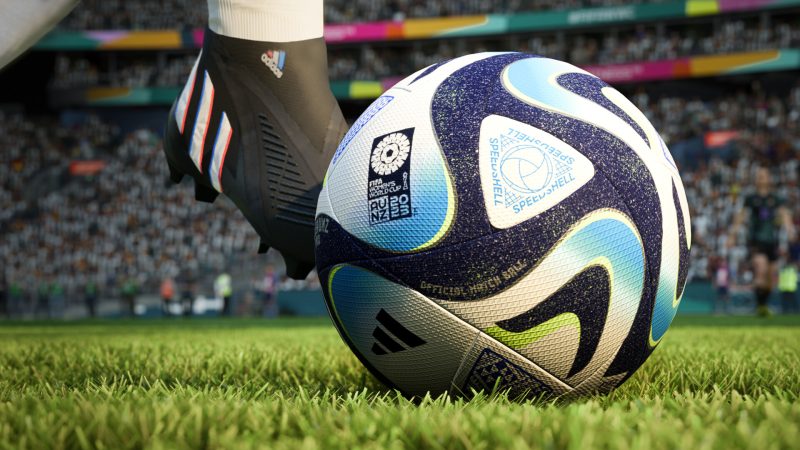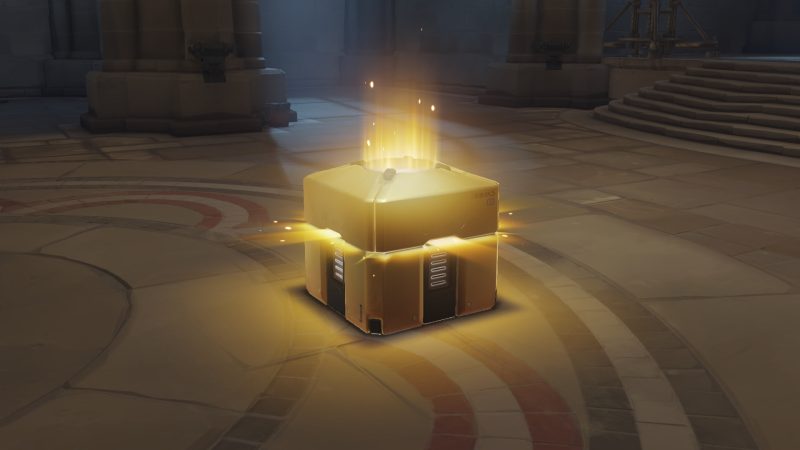The Netherlands, renowned for its windmills, tulips, and a progressive attitude towards social issues, is now gearing up for a different kind of crusade. This time, it’s not against towering sea levels or societal inequality but against a far more subtle if digital kind of foe—loot boxes in video games.
Researcher Leon Y. Xiao confirmed this decision, having received word directly from the Dutch Public Information Service.
But what are loot boxes, you may ask? They are virtual containers in games that can be purchased with real or in-game currency, often delivering a randomized selection of virtual items to the player. From the card pack of “Hearthstone” to the supply box of “Overwatch,” loot boxes have become a prominent feature in modern gaming, especially within free-to-play models, providing developers with a robust revenue stream.
Official confirmation from the Dutch Government that a ban on loot boxes is being sought. 🚫🇳🇱
Screenshot of email response below.
“… there are plans for the Dutch government to improve the regulations for in game purchases. One of the goals is to ban loot boxes in games.” https://t.co/612pzsOGnG pic.twitter.com/fJFDMQWV8l
— Leon Y. Xiao (@LeonXiaoY) July 3, 2023
The call to ban these virtual grab bags came shortly after the Dutch Minister of Economic and Climate Policy’s rallying cry. A motion was initially submitted to the House of Representatives a year ago by six political parties to prohibit the sale as well as use of loot boxes. Even though there was an initial hiccup when the Dutch Gambling Authority’s attempt to regulate loot boxes was overturned, the momentum has not faltered.
René Otto, a games lawyer from the Dutch firm Van Iersel Luchtman, analyzed the decision’s potential impact on the global games industry. Otto asserts that the Dutch government’s move could set a precedent for other countries grappling with similar issues, perhaps prompting a significant shift in the gaming industry’s monetization methods.
The Dutch Minister of Consumer Affairs, Adriaansens, has been particularly vocal about the need for tighter regulations. He describes loot boxes as “a virtual treasure box” where users shell out cash without knowing the reward they’ll receive, and has called for an EU-wide legislation to ensure consumer protection, especially for children who might fall prey to these tactics.

This is a common sentiment among gamers, who accuse companies of indulging in scummy practices. Many of the studios, aware of their questionable tactics, calculate potential litigation and fine costs, choosing not to amend their games if it isn’t profitable enough even at the expense of not releasing in certain countries. If the ban pushes through, most would rather skip countries that are part of the European Union as opposed to changing it entirely. But many believe that this loss is acceptable, especially if it spurs changes in popular games like FIFA, which heavily relies on loot boxes.
Nevertheless, the Netherlands’ proactive stance towards loot boxes and in-game purchases can herald a significant shift in the EU’s gaming market, impacting both developers and gamers alike.
However, not everyone agrees with this approach. Some argue that it’s a little too late to implement this, explaining that a vast majority of studios have moved past loot boxes, opting for “battle passes” instead. These battle passes, which provide access to exclusive content and rewards, are perceived as less intrusive and manipulative. Others argue that in-game currency purchases are a more pressing issue due to a lack of transparency.

Yet, many believe that these companies, ever-resourceful, will find a way around the loot box ruling, as they did following a similar attempt against Valve’s Dota 2. Valve’s workaround was simple: players could see exactly what they would get from the loot box, which merely pushed people to gamble on the next one.
The Dutch government’s decision to ban loot boxes might seem like a game of whack-a-mole with the rapidly innovating gaming industry, but it remains an important step towards acknowledging and addressing the darker aspects of modern gaming, notably the blurred line between gaming and gambling.

It remains to be seen how this new policy will reshape the landscape of the gaming industry and what new strategies developers will adopt in response.

